From Marxist rebel to the fearless Editor of Ravaya, Victor Ivan’s journey is one of
CONVICTION, COURAGE & TRANSFORMATION
Discover the life of a Sri Lankan journalist who defied authority, exposed injustice, and reshaped the national conversation.
Victor Ivan’s early life was marked by radical activism, intellectual rigor, and a transformative journey from armed rebellion to nonviolent reform.
Ivan became deeply involved with the Janatha Vimukthi Peramuna (JVP), a Marxist-Leninist revolutionary movement, during his youth. His commitment to the JVP’s cause led him to be a key figure in the 1971 insurrection, where he earned the moniker “Podi Athula” and was the seventh accused in the main court case related to the uprising.
During the insurrection, Ivan suffered severe injuries from a failed attempt to make a Molotov cocktail, resulting in the loss of function in both hands. Despite this, he remained steadfast in his convictions. Convicted for his role in the uprising, he served five years in prison, which he later described as his “university years”—a period of deep introspection and ideological reevaluation.
While incarcerated, Ivan authored two significant works: “The Challenge of Tenant Farming,” analyzing the feudal taxation system’s impact on Sri Lankan agriculture, and a history of the JVP and the 1971 insurrection, where he highlighted the role of caste discrimination as a contributing factor to the rebellion. These writings showcased his shift from militant activism to a more analytical and reformist approach.
Upon his release in 1977, granted by an unconditional pardon from the Jayawardena Government, Ivan distanced himself from the JVP’s violent methods. He embraced Gandhian nonviolence and channeled his efforts into journalism and social critique. In 1987, he founded “Ravaya,” a Sinhala-language newspaper that became a cornerstone of independent journalism in Sri Lanka, known for its fearless critique of political corruption and advocacy for democratic reforms.
Victor Ivan’s journey from a revolutionary insurgent to a leading voice in Sri Lankan journalism underscores his unwavering commitment to justice and societal transformation.
Founded in 1987 by Victor Ivan, Ravaya emerged as a transformative force in Sri Lankan journalism during a period marked by political upheaval and civil unrest.
At a time when mainstream media often succumbed to censorship and self-restraint, Ravaya distinguished itself through fearless investigative reporting and unwavering commitment to truth.
Under his leadership, Ravaya boldly exposed governmental corruption, judicial misconduct, and human rights violations, often at great personal risk.

Lorem ipsum dolor sit amet, consectetur adipiscing elit. Ut elit tellus, luctus nec ullamcorper mattis, pulvinar dapibus leo.

Lorem ipsum dolor sit amet, consectetur adipiscing elit. Ut elit tellus, luctus nec ullamcorper mattis, pulvinar dapibus leo.

Lorem ipsum dolor sit amet, consectetur adipiscing elit. Ut elit tellus, luctus nec ullamcorper mattis, pulvinar dapibus leo.
Victor Ivan stands as a prominent figure in Sri Lankan journalism, renowned for his investigative prowess and unwavering commitment to exposing corruption and advocating for judicial integrity.
Through his incisive reporting, particularly in his newspaper ‘Ravaya’, Ivan brought to light critical instances of misconduct within the Sri Lankan judiciary.
His courageous efforts included revealing alleged improprieties of then-Attorney General Sarath Silva and exposing a rape accusation against Magistrate Lenin Ratnayake, demonstrating his dedication to holding powerful individuals accountable.
Ivan’s persistent pursuit of truth extended to filing a complaint with the Supreme Court, seeking the removal of Sarath Silva from the roll of lawyers for alleged suppression of truth and undue influence.
His relentless disclosures prompted significant action, leading the Bar Association of Sri Lanka and the Judicial Service Commission to investigate his claims.
These investigations resulted in both judges being found guilty of the charges, marking a pivotal moment in the fight for transparency within the judicial system. Victor Ivan’s work, including his book “An Unfinished Struggle,” continues to underscore the critical need for comprehensive judicial reform and a relentless pursuit of justice.
Victor Ivan played a pivotal role in Chandrika Kumaratunga’s ascent to power, initially believing she would bring positive change to Sri Lanka. Ivan acknowledges his “significant contribution towards setting the stage for her to reach the political heights.”
His efforts included convincing her to contest the provincial council elections despite her initial reluctance, managing the print media campaign for the 1994 general election, and crafting impactful messages like the one on the “culture of killing.”
Furthermore, his initiative to exhume the Suriyakanda mass graves, greatly enhanced her public image both locally and internationally, laying a crucial foundation for her future political victories.
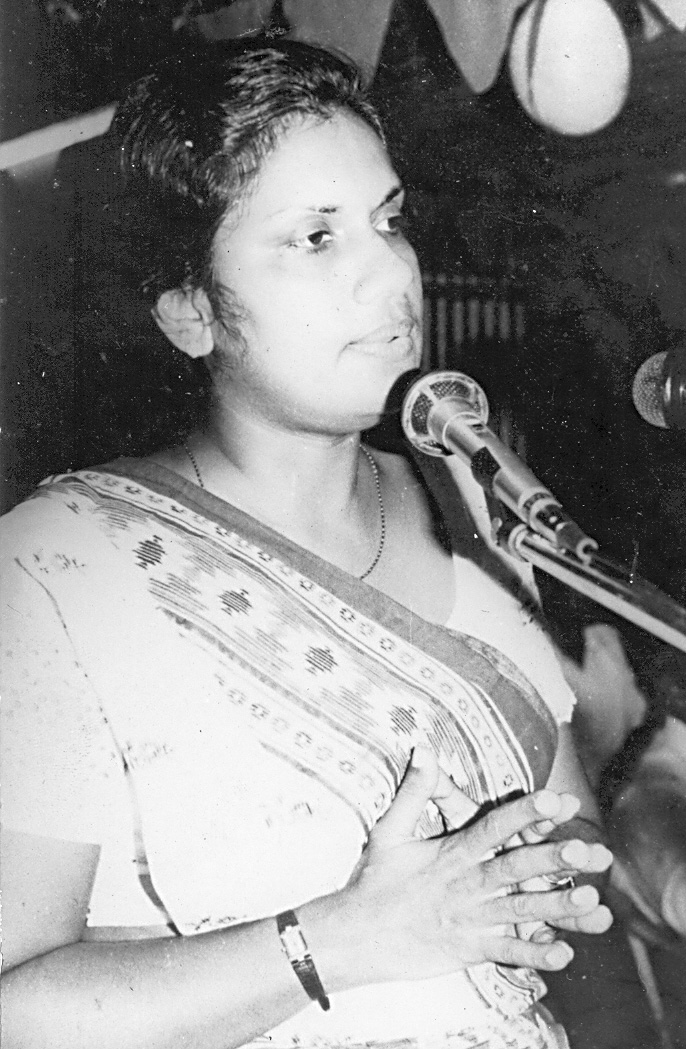
However, Ivan’s initial faith in Chandrika Kumaratunga quickly eroded due to her perceived failure to uphold promises regarding corruption and good governance. He began questioning his belief in her even before she assumed the presidency, influenced by acquaintances who described the Bandaranaike family as “hollow, arrogant, ingrates.”
His disillusionment deepened as he observed her personal conduct, including the acquisition of expensive pearl necklaces and a Patek Phillipe watch after taking office, which he questioned in his writings. Further highlight her fabricated academic qualifications and chronic tardiness, which Ivan viewed as signs of arrogance and disrespect. He ultimately concluded that she was the “most corrupt and inefficient” leader since Sri Lanka’s independence, a stark contrast to the virtuous image she projected.
Victor Ivan extensively exposed Chandrika Kumaratunga’s corruption and ruthlessness through his investigative journalism, notably in his book “The Queen of Deceit.” This book was first published in Sinhala and then translated to English.
He sued her over an attempt to illegally acquire a 1.5-acre government-developed land, forcing its return. He also lodged a complaint with the Bribery or Corruption Commission regarding her assets and liabilities, compelling her to declare them in 1999, which revealed significant inaccuracies and withheld information, including foreign accounts.
Further, Ivan presented a theory that the 1999 Town Hall bombing, which injured the President, was a “publicity stunt” orchestrated by her “mafia” to gain public sympathy and facilitate election rigging, citing evidence like the custom-made bullet-proof BMW and the testimony of Ragupathi Sharma.
He meticulously documented how her “inner circle” engaged in massive corruption through projects like the Colombo-Katunayake expressway, fraudulent land deals, and the privatization of state assets such as the Kotagala Estate and the Prima Company. Ivan also bravely reported on the activities of her “special unit” within the Presidential Security Division (PSD), which, as described in “ruthlessness and criminality,” which was responsible for intimidating opponents, extorting businessmen, and orchestrating assassinations and attacks on journalists and artists, including Rohana Kumara, Kumar Ponnambalam, Anoja Weerasinghe, and Rukantha and Chandralekha, often revealing government cover-ups and the President’s direct involvement in these sinister acts.
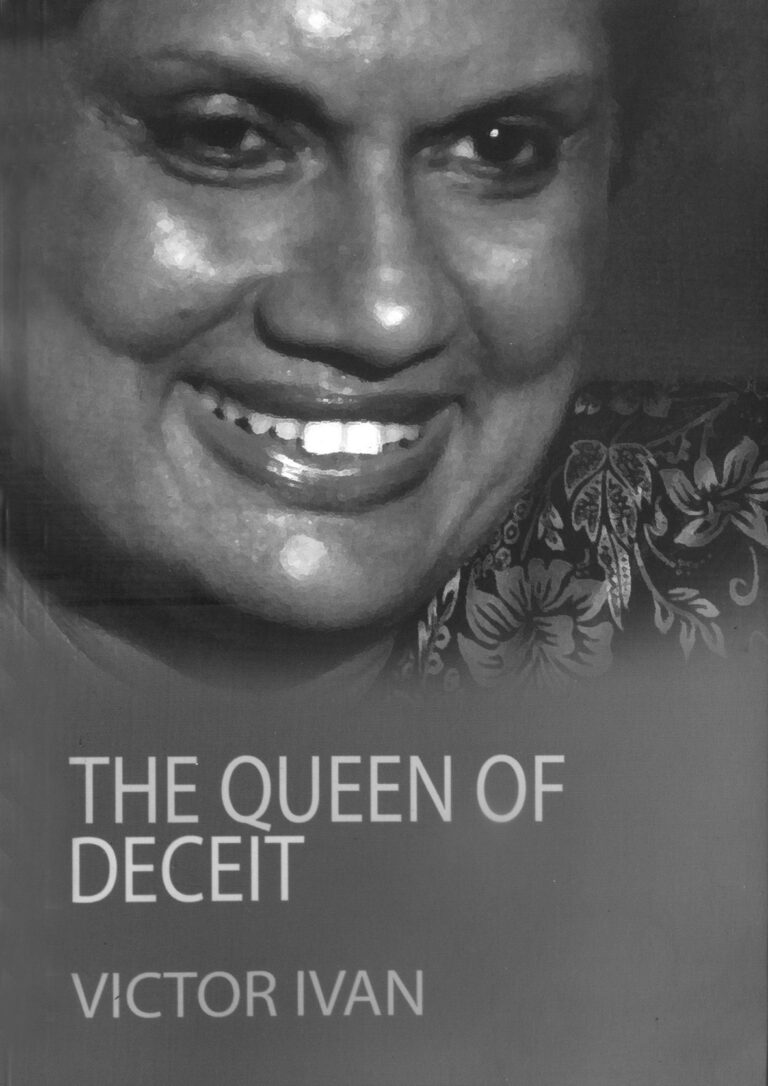
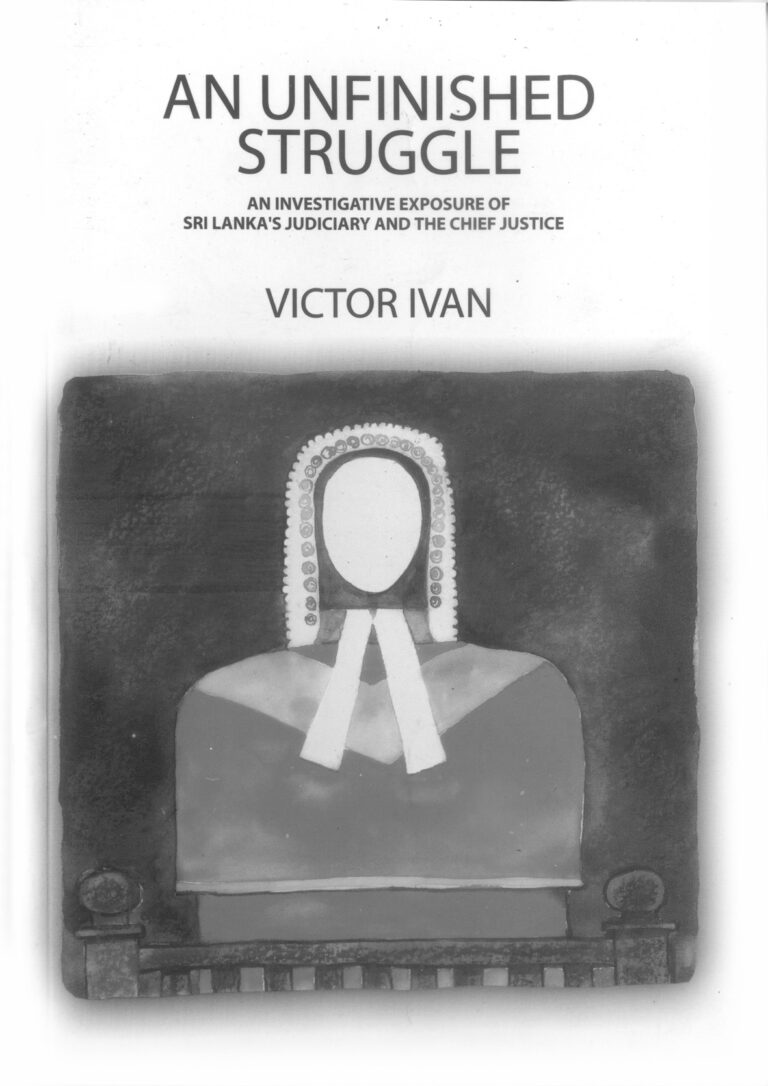
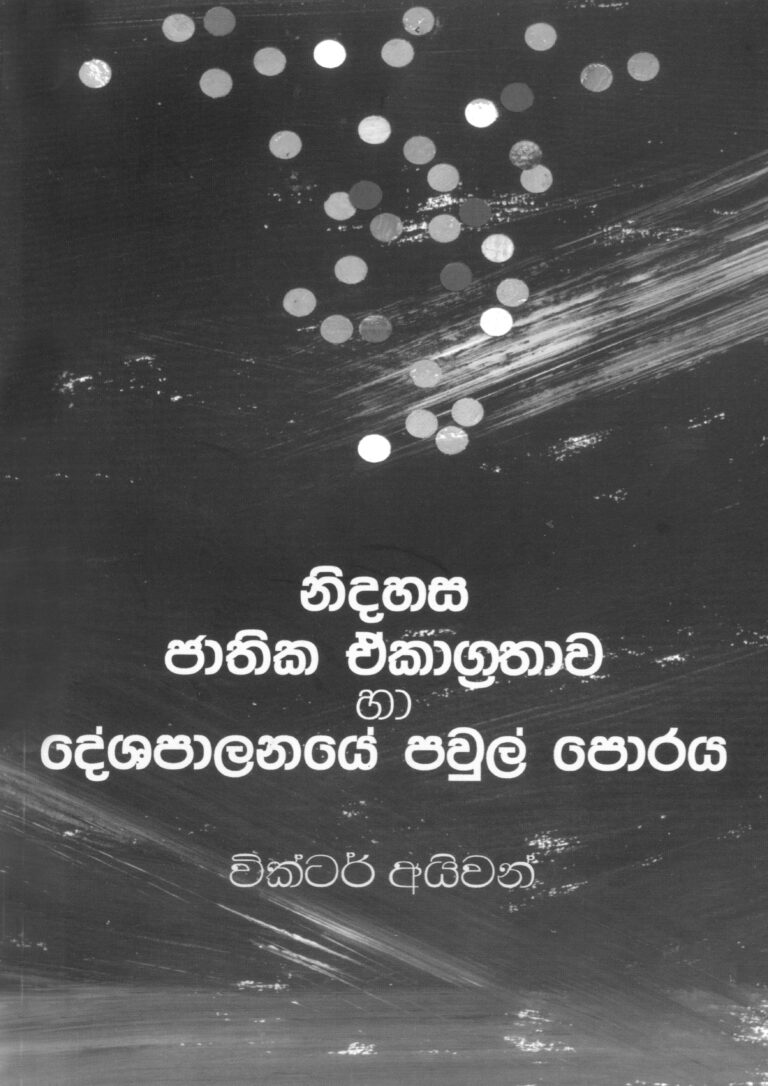
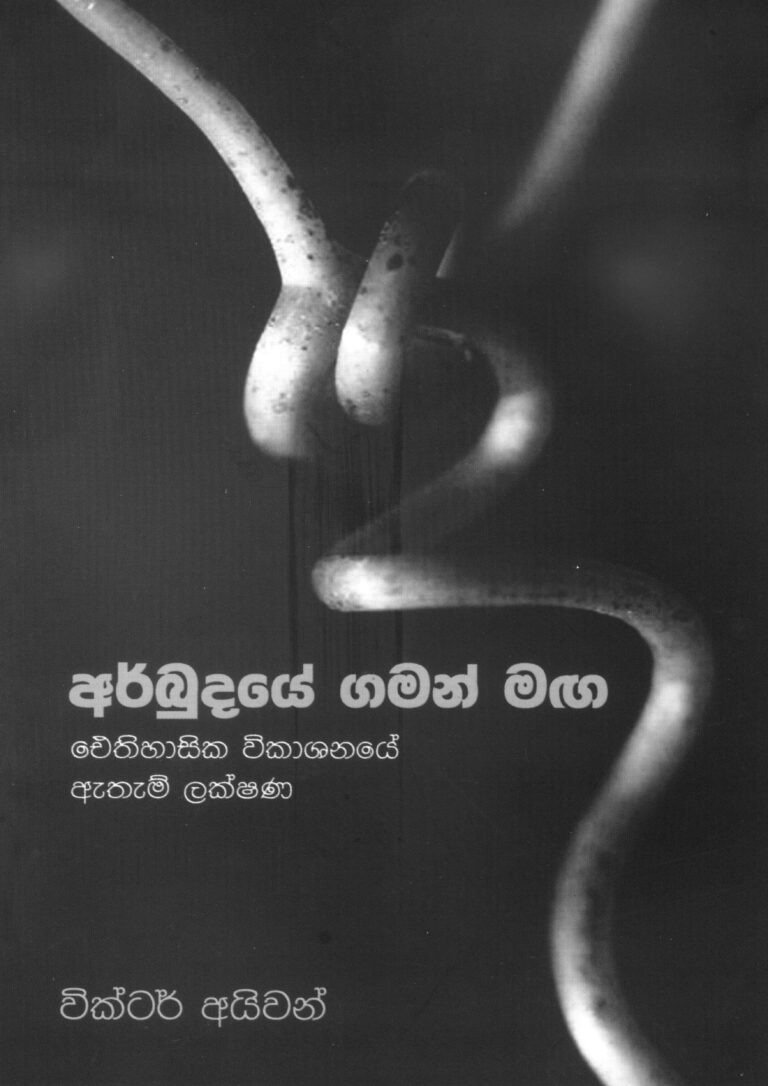
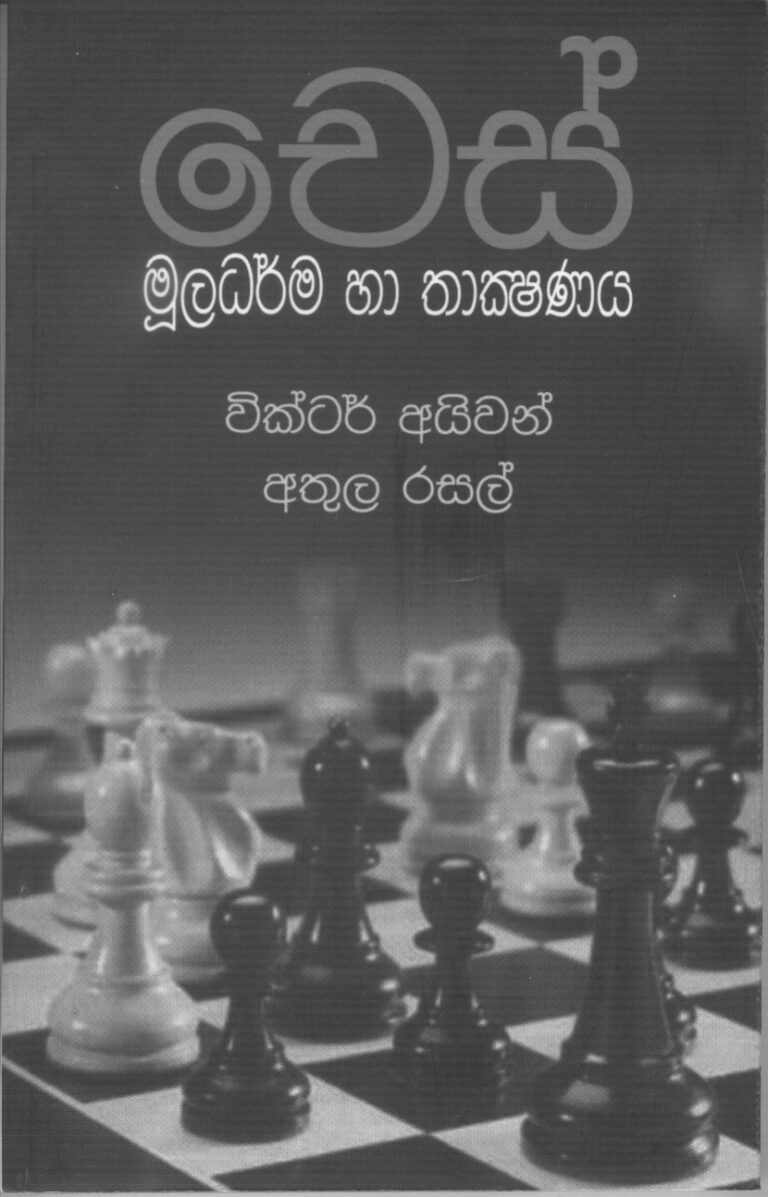
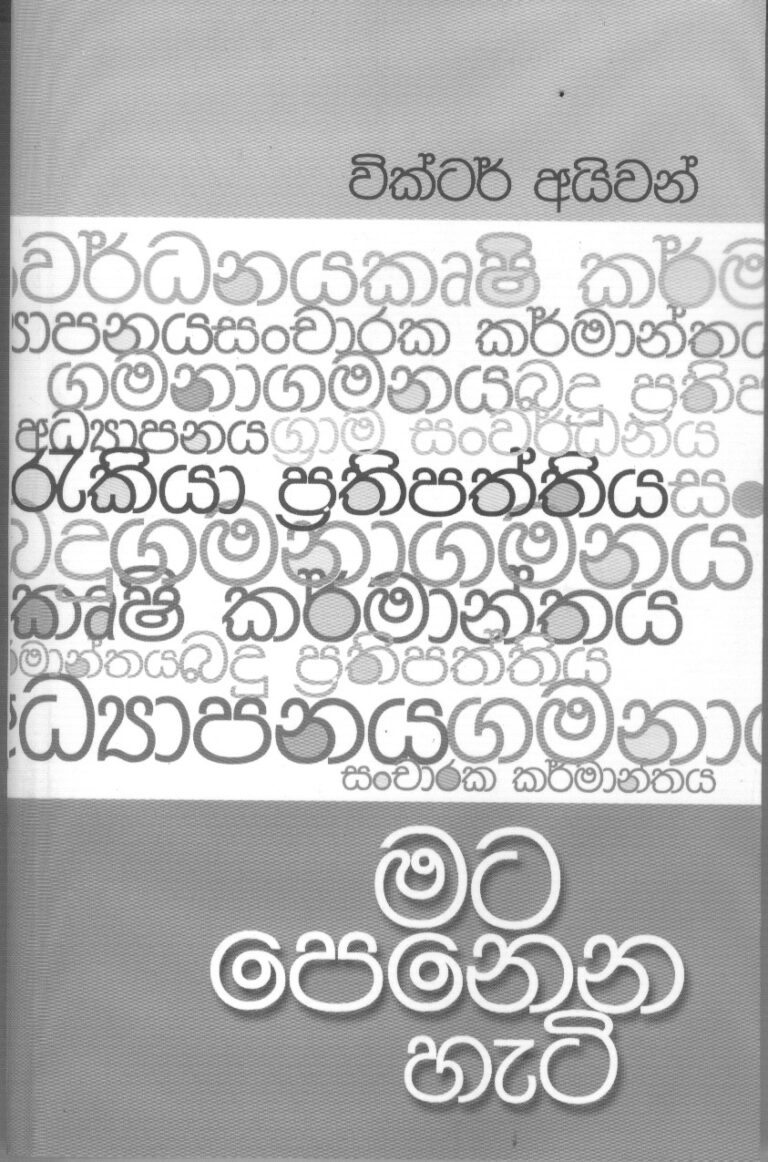
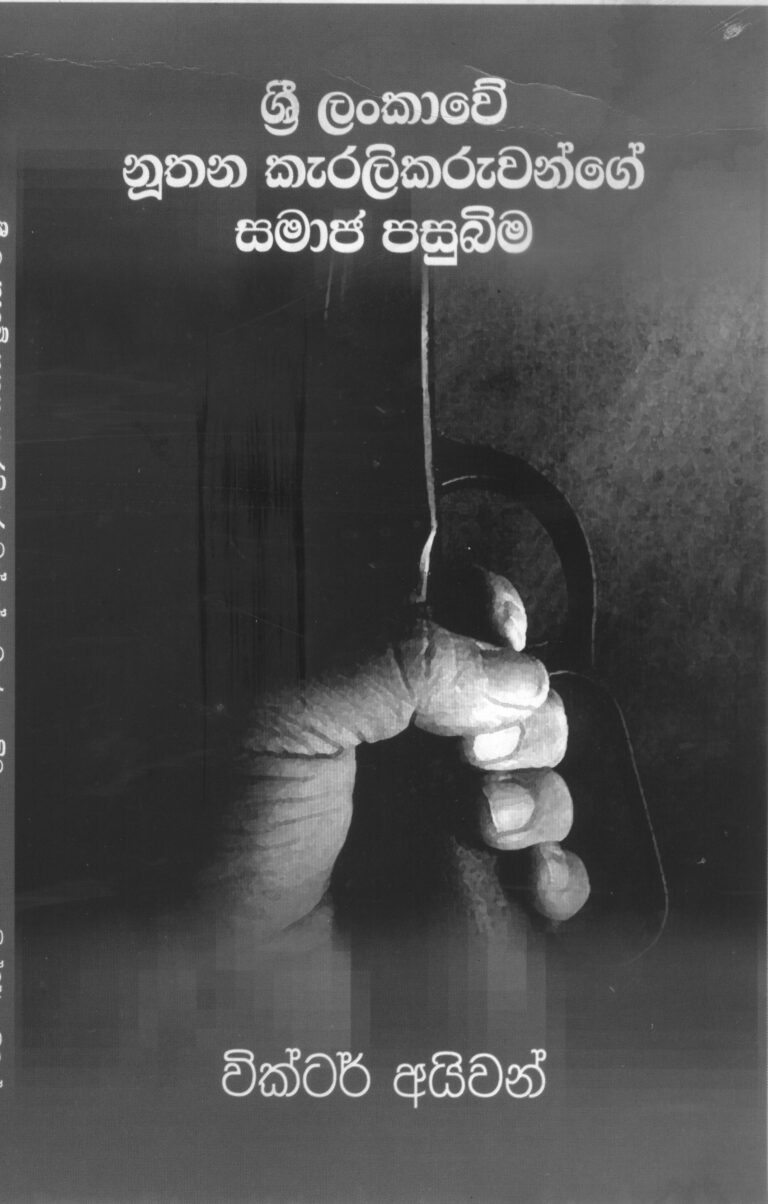
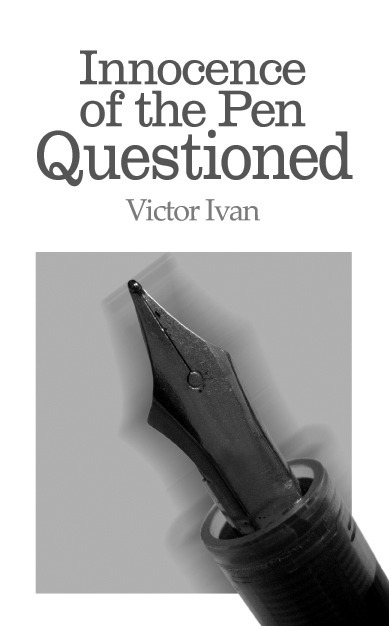
Victor Ivan’s prolific writings have made significant contributions to Sri Lankan society, establishing him as a crucial voice in investigative journalism and political commentary. His extensive bibliography includes influential works that delve into the nation’s tumultuous history, political landscape, and social issues.
Among his notable publications is “Paradise in Tears: A Journey Through History and Conflict”, a powerful photo-essay that chronicles Sri Lankan history from 1800 to 1994. He also authored “The Queen of Deceit” a scathing critique of former President Chandrika Kumaratunga’s government.
Ivan’s works frequently explored the pervasive impact of the caste system, as seen in “The Challenge of Tenant Farming” and “Caste, Family & Politics,” which analyze its influence on Sri Lankan society and politics. Furthermore, “The Unfinished Struggle” exposes the politicization within the judiciary, while “Innocence of the Pen Questioned” reflects on his own journalistic experiences.
Deeply influenced by the philosophies of Mahatma Gandhi and Bertrand Russell, Victor Ivan’s intellectual journey saw a profound transformation from a revolutionary youth to a staunch advocate for non-violence and peaceful societal change. This philosophical shift, particularly his adherence to Gandhi’s principles of non-violence, became a cornerstone of his work. The influence of Bertrand Russell, a noted philosopher and pacifist, is also evident, as his philosophy was directly referenced in discussions concerning Ivan’s editorial stance, underscoring Russell’s role as a significant intellectual touchstone for Ivan.
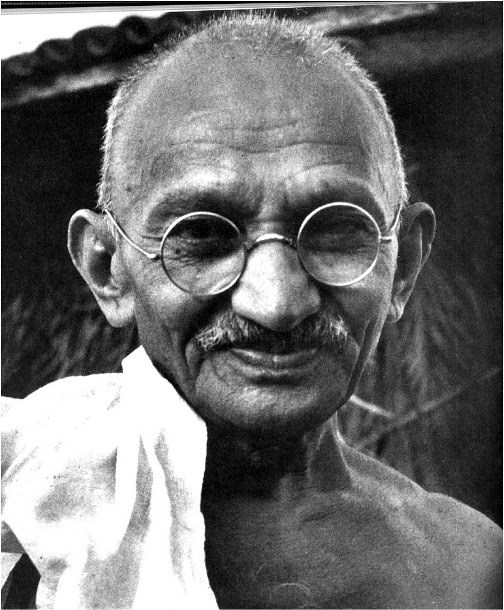
Through his widely-read newspaper Ravaya, which he edited for 25 years, Ivan introduced and championed investigative journalism in Sri Lanka, especially in the Sinhala language, fearlessly exposing corruption and misconduct within the political and judicial systems. His dedication to truth and accountability not only inspired opposition movements and contributed to political reforms but also nurtured a new generation of independent journalists, leaving an indelible mark on Sri Lankan media and society.
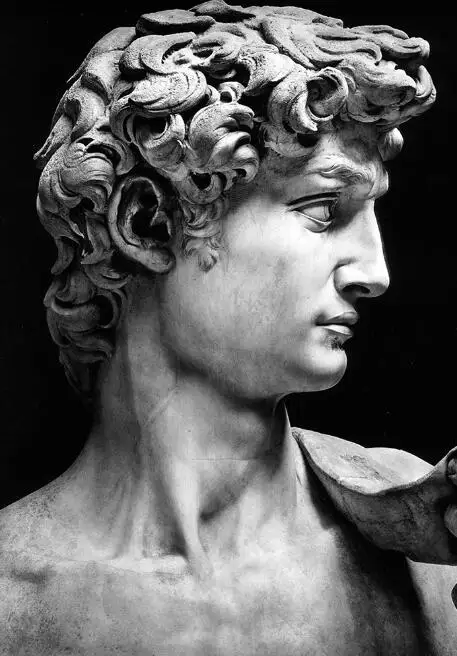
Victor Ivan’s “Punarudaya” (Renaissance) movement emerges from a profound analysis of Sri Lanka’s persistent state of crisis. It argues that the nation’s challenges cannot be narrowly defined as purely ethnic or political. Instead, the movement posits that the country’s turmoil, from the southern JVP insurrections to the protracted conflict in the Tamil north, is rooted in a deeper, unaddressed issue: the foundational role of the caste system in shaping Sri Lankan society. This movement is a call to action to confront this uncomfortable truth and to recognize that without addressing this fundamental inequality, genuine national unity and progress will remain out of reach.
At its core, the Punarudaya campaign is an ambitious attempt to build a modern Sri Lankan nation where every citizen is afforded equal rights and treated with dignity. It critiques the failure of successive political leaders to move beyond divisive politics and to establish a truly inclusive state. A central pillar of this initiative is the call for a new constitution—one that is not merely a document of laws but the bedrock of a new social contract. This new contract would be designed to dismantle systemic discrimination and to foster a society where a citizen’s worth is not determined by their ethnicity, religion, or caste.
The vision of Punarudaya extends beyond constitutional reform into the very fabric of Sri Lankan life. The movement advocates for a comprehensive overhaul of national attitudes and policies across a wide spectrum of issues. It seeks to initiate a critical public discourse on topics ranging from the crisis in the education system and the need for judicial reform to the challenges of poverty, environmental degradation, and the role of the youth in shaping the country’s future. It is a holistic approach that understands that a true renaissance requires not just political change, but a profound cultural and intellectual awakening.
This campaign, as detailed in the collection of articles, represents a bold intellectual and social endeavor. It is an invitation for all Sri Lankans to engage in a courageous self-examination and to actively participate in the difficult but necessary work of building a more just, equitable, and prosperous nation. The Punarudaya movement is presented not as a final answer, but as a guiding path—a “Mawatha”—towards a national rebirth, spearheaded by the belief that a renaissance of thought and spirit is the essential first step towards meaningful and lasting change.